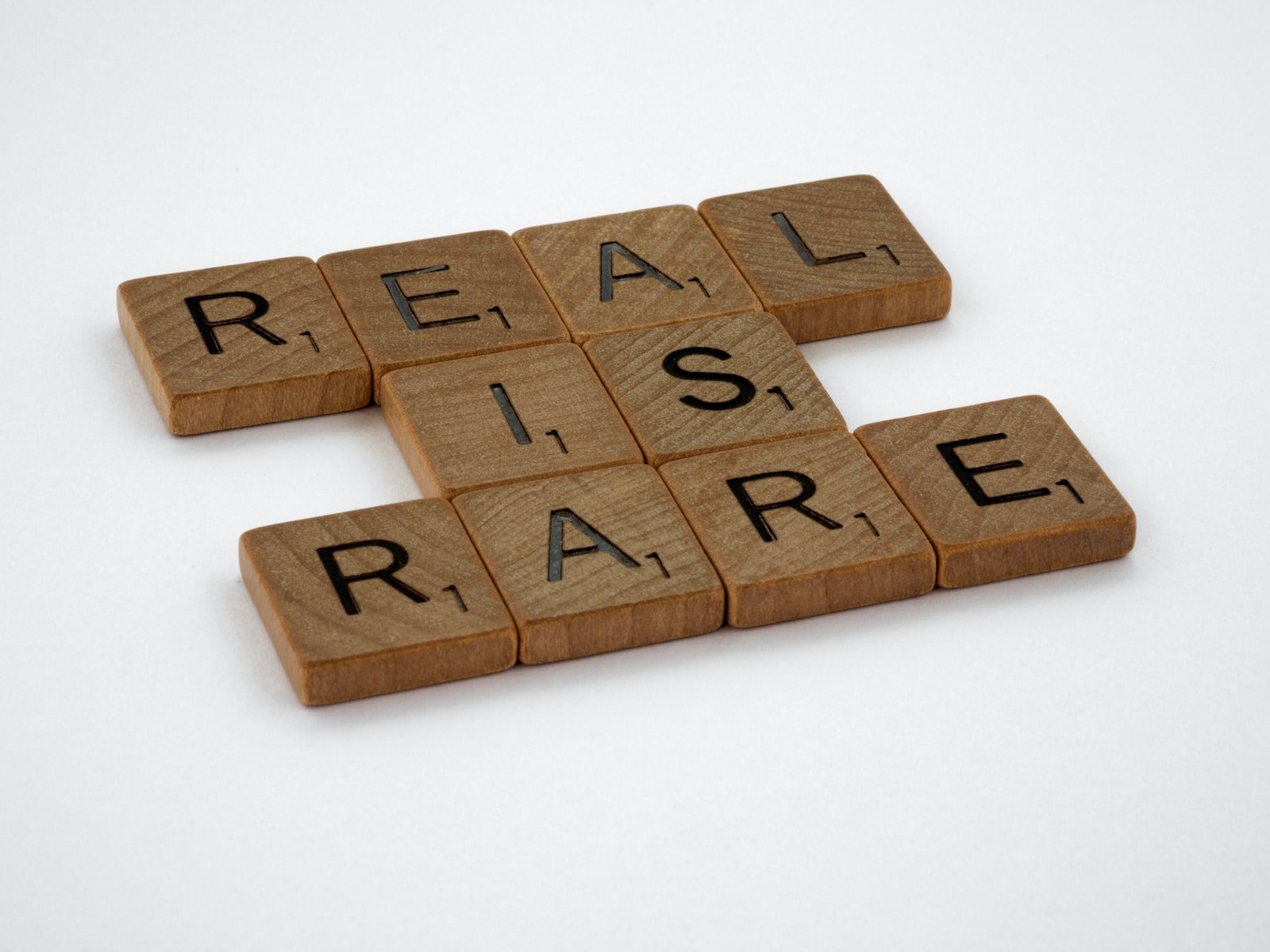
Click below to listen to this article:
authenticity
authenticity is a term that has been widely used in various contexts, such as psychology, philosophy, education, and leadership. However, what does it mean to be authentic, and why is it important for human development? In this article, we will explore the concept of authenticity as an aspirational quality for self-transcendence, which is the process of going beyond one’s ego and personal interests to achieve a higher purpose and meaning in life. We will examine the benefits of authenticity for wellbeing, creativity, and social relationships, as well as the challenges and barriers that prevent people from being authentic. We will also provide some practical tips and strategies to cultivate authenticity in oneself and others.
What is authenticity?
authenticity is a concept that has been widely discussed in philosophy, psychology, sociology and other fields of study. It refers to the degree to which a person’s actions, beliefs, values and emotions are congruent with their true self. authenticity can also be seen as a quality of being genuine, honest, trustworthy and sincere. authenticity is often considered a desirable trait in personal and professional relationships, as it fosters trust, respect and mutual understanding. However, authenticity is not always easy to achieve or maintain, as it may require courage, self-awareness, vulnerability and openness to feedback. Furthermore, authenticity is not a fixed or static state, but rather a dynamic and contextual process that evolves in and across situations. Therefore, authenticity is not something that one either has or does not have, but rather something that one strives for and practices in everyday life.
authenticity and self-transcendence
One of the most important topics in the field of psychology is the relationship between authenticity and self-transcendence. authenticity refers to the extent to which a person is true to their own personality, values, and beliefs, regardless of external pressures or expectations. self-transcendence refers to the ability to go beyond one’s own self-interest and ego, and connect with something greater than oneself, such as a higher purpose, a spiritual dimension, or a universal value.
Some researchers have argued that authenticity and self-transcendence are complementary and mutually reinforcing aspects of human development. They suggest that being authentic helps a person to discover their true potential and purpose in life, and that self-transcendence enables a person to overcome their limitations and challenges, and to contribute to the well-being of others and the world. According to this perspective, authenticity and self-transcendence are both essential for achieving psychological wellbeing, happiness, and meaning in life.
However, other researchers have pointed out that authenticity and self-transcendence can also be in conflict or tension with each other. They claim that being authentic can sometimes lead to selfishness, narcissism, or isolation, and that self-transcendence can sometimes result in self-denial, conformity, or loss of identity. According to this view, authenticity and self-transcendence are both valuable but potentially problematic goals that need to be balanced and integrated in a harmonious way.
Benefits of authenticity
Being authentic has many benefits for personal and professional growth, such as:
- Respect and trust: When you are authentic, you earn the respect and trust of others, who appreciate your honesty and integrity. You also respect and trust yourself because you know you are acting in accordance with your true self.
- Ability to solve problems: When you are authentic, you do not shy away from challenges or difficulties. You face them head-on and use your own judgment and creativity to find solutions. You do not rely on others’ opinions or approval, but on your own values and goals.
- Confidence and potential: When you are authentic, you know your strengths and weaknesses, and you work on improving yourself. You do not compare yourself to others or feel insecure about your abilities. You have a clear vision of what you want to achieve and how to get there.
- Less stress and more happiness: When you are authentic, you do not have to pretend or hide your true feelings. You express yourself freely and openly, without fear of judgment or rejection. You accept yourself as you are, with your flaws and virtues. Furthermore, you enjoy life more and feel more fulfilled.
authenticity is not always easy to achieve, but it is worth pursuing. It requires self-awareness, courage, and commitment to live according to your own values and beliefs. It also requires openness and honesty in your communication with others. By being authentic, you can live a more meaningful and rewarding life.
Challenges of authenticity
One of the challenges of authenticity is to balance the need for self-expression with the expectations of others. authenticity means being true to oneself, but it also means being respectful and considerate of the feelings and opinions of others. authenticity requires self-awareness, self-regulation, and social skills. It is not easy to be authentic in every situation, especially when there are conflicting demands or pressures. authenticity can also be risky, as it may expose one’s vulnerabilities or weaknesses, or invite criticism or rejection. Therefore, authenticity is not a fixed state, but a dynamic process that involves constant negotiation and adaptation.
authenticity meditation
Further reading
Here is a list of weblinks for further reading on authenticity.
– AUTHENTICITY | English meaning – Cambridge Dictionary
This website provides the definition and examples of authenticity in both general and business contexts. It also offers related words and phrases to expand your vocabulary on the topic.
https://dictionary.cambridge.org/dictionary/english/authenticity
– Authenticity | Psychology Today
This website explores the concept of authenticity from a psychological perspective. It explains what authenticity is, how to be authentic, and how authenticity benefits mental health. It also addresses some common questions and challenges related to authenticity.
https://www.psychologytoday.com/us/basics/authenticity
– authenticity Definition & meaning – Merriam-Webster
This website provides the dictionary definition and synonyms of authenticity. It also shows the word’s origin and history, as well as its usage in various contexts.
https://www.merriam-webster.com/dictionary/authenticity

0 Comments